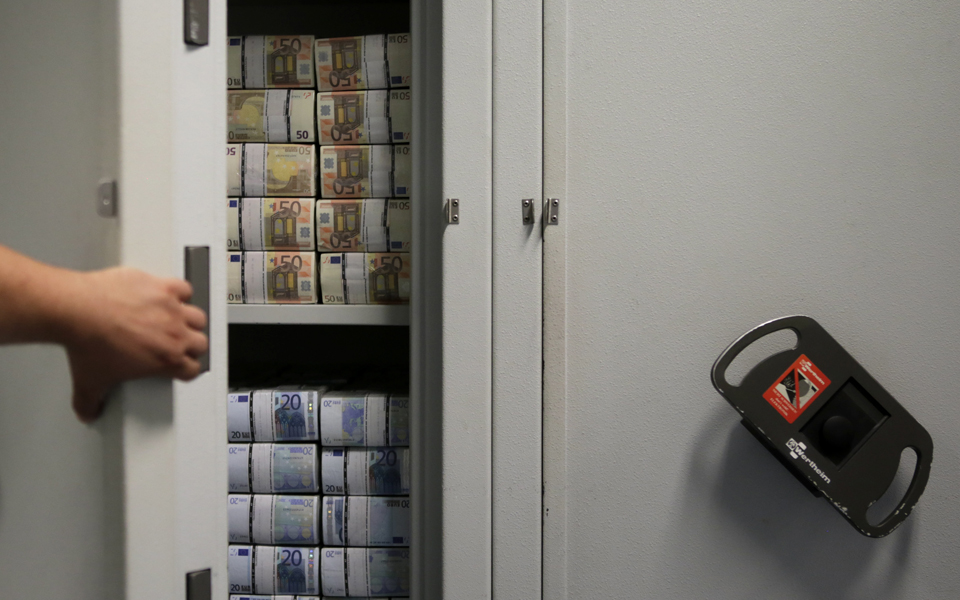The taxes collected until May represent a decrease of 98.3 million euros, compared to the same period last year, and resulted from a decrease in direct taxes of 291.4 million euros, compared to an additional 193.1 million in indirect taxes. Spending rose and revenues fell, deepening the overall accounting deficit to more than 2.5 billion euros.
The state collected about 100 million euros less in taxes, from the beginning of the year until May, compared to the same period last year, equivalent to a 0.5% reduction, according to data from the General Directorate of Budget. This discrepancy reflects a decrease in direct taxes that was not compensated by indirect taxes, despite the latter’s increase, and contributed to the worsening deficit in public accounts by 2,553.2 million euros.
In the first five months of the year, the state collected €21,151.2 million, €98.3 million less than in the same period last year, the summary of budget implementation up to May shows. The document, released last Friday, indicates a decrease of 291.4 million euros in direct taxes, a decrease of 3.8% year-on-year, which was not offset by an increase of 193.1 million euros, or 1.4%, year-on-year. Indirect tax aspect.
In implementing the budget until April, the state collected essentially the same tax revenues as in 2023, recording an increase of just €100,000 for a total of €17,293.1 million.
This decline in the amount of taxes collected was decisive in the decline in current revenues by 3.7% until May, compared to the same period last year, compared to 4.5% in budget execution until April, while expenditures grew by 12.5%, which is lower than 14.7% until April. Primary spending increased by 13.1%.
The DGO also explains that the implementation of the budget “was affected by the transfer, in 2023, of all responsibilities through the Caixa Geral de Depósitos (FPCGD) Staff Pension Fund to the CGA [Caixa Geral de Aposentações]worth €3,018.3 million”, although this process does not contradict the analysis in national accounting.
After adjusting for the effect of this transfer, the balance in the first five months of the year decreased by €3,332.8 million, DGO reports. The initial balance was 523.4 million euros.
On the expenditure side, it is worth noting the 13.1% increase in primary spending, although this includes the impact of exceptional measures. Ignoring this, the index rose by 11.8%. The budget execution document explains that this is mainly due to a 12.5% increase in the transfer item, an 8.2% increase in the acquisition of goods and services, and a 7.9% increase in personnel expenses, reflecting salary updates in the civil service.
Regarding this issue, union leaders revealed, during their meeting last Friday with the government, the executive authority’s unwillingness to move forward with interim increases, despite ensuring an annual update of at least 2%.
It is also worth noting that spending on interest and other fees increased by 5.3%, mainly due to the increase in interest associated with the state's direct debt. These grew by 3.1% compared to the first five months of last year, or €86.5 million, which is, however, a significant slowdown compared to the 9.6%, or €238.4 million, up to April.
It is worth noting that the previous month had closed with a general accounting deficit of EUR 1,939.2 million, which also reflects a reversal of the surplus recorded in the same period in 2023. In the same vein, the first quarter closed with a deficit equivalent to EUR 1,939.2 million. 0.2% of GDP in national accounting.

“Wannabe internet buff. Future teen idol. Hardcore zombie guru. Gamer. Avid creator. Entrepreneur. Bacon ninja.”

